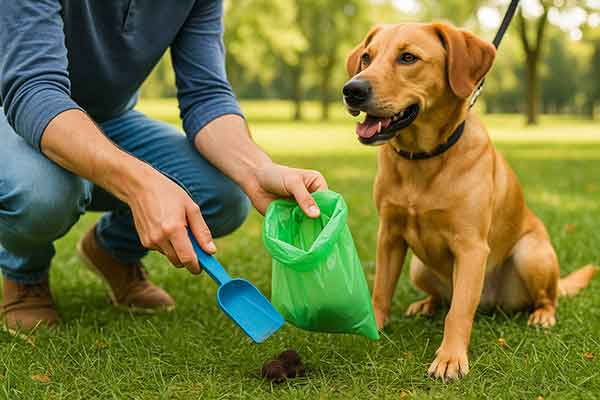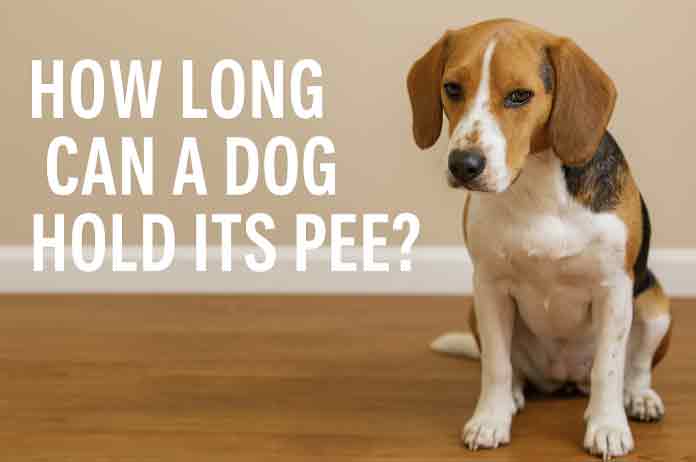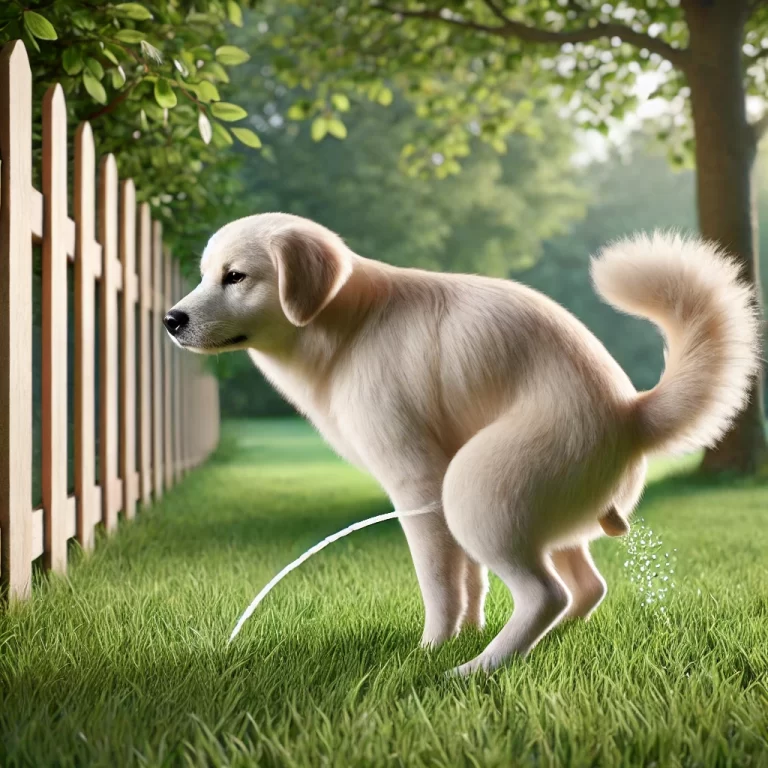Does Dog Poop Decompose? Time, Impact & Disposal Tips
If you’ve ever walked past your yard and noticed old dog poop still lingering weeks later, you might wonder: does dog poop decompose? Unlike cow or horse manure, dog feces doesn’t break down quickly or cleanly. In fact, leaving dog waste on the ground can pose serious environmental and health hazards. In this article, we’ll explore the decomposition process, factors that affect it, and best practices for eco-friendly dog waste disposal.
Table of Contents
- Does Dog Poop Decompose Naturally?
- How Long Does It Take for Dog Poop to Decompose?
- Factors That Affect Dog Poop Decomposition
- Environmental Impact of Dog Waste
- Eco-Friendly Ways to Dispose of Dog Poop
- Can You Compost Dog Poop?
- What NOT to Do with Dog Waste
- FAQ
Does Dog Poop Decompose Naturally?
Yes, dog poop does eventually decompose, but it’s a slow process—and not nearly as harmless as many people think. Dog feces is rich in nitrogen and pathogens, which means it breaks down differently than herbivore manure and can damage soil and water systems if left unmanaged.
Unlike plant-eating animals, dogs are omnivores, and their waste contains proteins, fats, bacteria, and sometimes parasites that make it biologically hazardous. Simply leaving it to “return to nature” isn’t a responsible solution.
How Long Does It Take for Dog Poop to Decompose?
Under typical outdoor conditions, dog poop can take anywhere from 9 weeks to over a year to decompose. The timeline depends on factors such as climate, soil health, diet, and moisture.
Estimated Breakdown Timeline:
- Dry, cold climates: 12 months or more
- Humid, warm climates: 9–12 weeks
- Buried in soil: 6–8 months (with poor aeration)
- Composted under correct conditions: 2–3 months
Despite eventually breaking down, leaving dog feces unattended outdoors contributes to pollution, foul odor, and parasite spread.
Factors That Affect Dog Poop Decomposition
1. Climate & Temperature
Hot, moist conditions speed up decomposition, while cold or dry environments slow the process dramatically.
2. Exposure to Air and Sunlight
UV rays and oxygen help dry and break down waste. Shaded or buried poop will linger longer and decompose more slowly.
3. Soil Microorganisms
Healthy, biologically active soil can help digest waste faster. Sterile or compacted soil lacks the bacteria and worms needed for decomposition.
4. Dog’s Diet
Highly processed kibble or meat-heavy diets may produce waste that takes longer to break down compared to dogs eating raw or fiber-rich foods.
5. Poop Size & Volume
Large dogs produce more waste, which takes longer to break down. Multiple piles in one area can overwhelm the soil’s natural absorption capabilities.

Environmental Impact of Dog Waste
Dog poop is not just an eyesore. It has real environmental consequences, especially in urban and suburban areas:
- Water pollution: Dog waste left on the ground gets washed into storm drains, contaminating local waterways with E. coli and other pathogens.
- Soil damage: Excess nitrogen and phosphorous from poop can degrade soil health and kill plants.
- Parasite spread: Roundworms, hookworms, and Giardia can remain in contaminated soil for months, posing health risks to humans and animals.
According to the EPA, dog waste is classified as an environmental pollutant on par with toxic chemicals and oil spills when mismanaged.
Eco-Friendly Ways to Dispose of Dog Poop
1. Bag It and Trash It
Using biodegradable or compostable poop bags and placing them in the trash is still the most accessible and widely accepted method.
2. Flushing (If Approved)
Some cities allow flushing dog waste down the toilet (without the bag), which routes it to proper sewage treatment. Check local guidelines before doing so.
3. Pet Waste Disposal Systems
In-ground waste digesters act like a mini septic system, breaking down dog poop safely when enzymes and water are added regularly.
4. Professional Waste Removal Services
Many regions offer dog waste pickup services that collect and dispose of waste following environmental best practices.
Can You Compost Dog Poop?
Yes, but with extreme caution. Dog waste can be composted, but it must be done using high-heat composting (over 140°F) to kill pathogens. It should never be used on edible crops or vegetable gardens.
How to Compost Dog Waste Safely:
- Use a separate, closed composting bin labeled “Pet Waste Only”
- Mix with carbon-rich material like sawdust or leaves
- Maintain high internal heat and turn regularly
- Allow to decompose for at least 6 months before use on non-edible plants
Improper composting can result in contamination rather than decomposition, so this method is best left to experienced composters.
What NOT to Do with Dog Waste
- Do not leave poop on grass or sidewalks
- Do not compost with kitchen scraps or garden veggies
- Do not bury dog waste randomly—it can seep into water tables and attract pests
- Do not burn dog poop—it releases harmful bacteria and unpleasant odors
Proper disposal is key to protecting your home, neighborhood, and ecosystem.
FAQ
Does dog poop decompose faster in the sun?
Yes. Sunlight helps dry the feces and speeds up microbial activity, especially in warmer climates.
Can you mow over dog poop to help it break down?
No. Mowing over poop can spread bacteria and pathogens across your yard. Always remove poop before mowing.
Is it okay to leave dog poop in the woods or trails?
No. Dog waste can introduce foreign bacteria and parasites into natural ecosystems. Always bag and pack it out.
Do biodegradable poop bags actually break down?
Only in the right conditions. Many “biodegradable” bags require commercial composting environments to fully break down, which standard landfills do not provide.
What’s the best way to dispose of dog waste in an apartment?
Bag it in compostable bags and discard in a designated pet waste bin. If permitted, you can also flush unbagged waste.
Conclusion
Does dog poop decompose? Yes—but not quickly, and not without environmental consequences if ignored. Left unattended, dog waste can pollute water systems, damage soil, and spread disease. Fortunately, responsible pet owners can take steps to dispose of it properly through trash disposal, flushing, composting, or designated dog waste systems.
By managing dog poop responsibly, you’re not just being a courteous neighbor—you’re also protecting your community’s health and the planet. Always scoop, always dispose, and help make your dog’s footprint a little lighter on the Earth.





